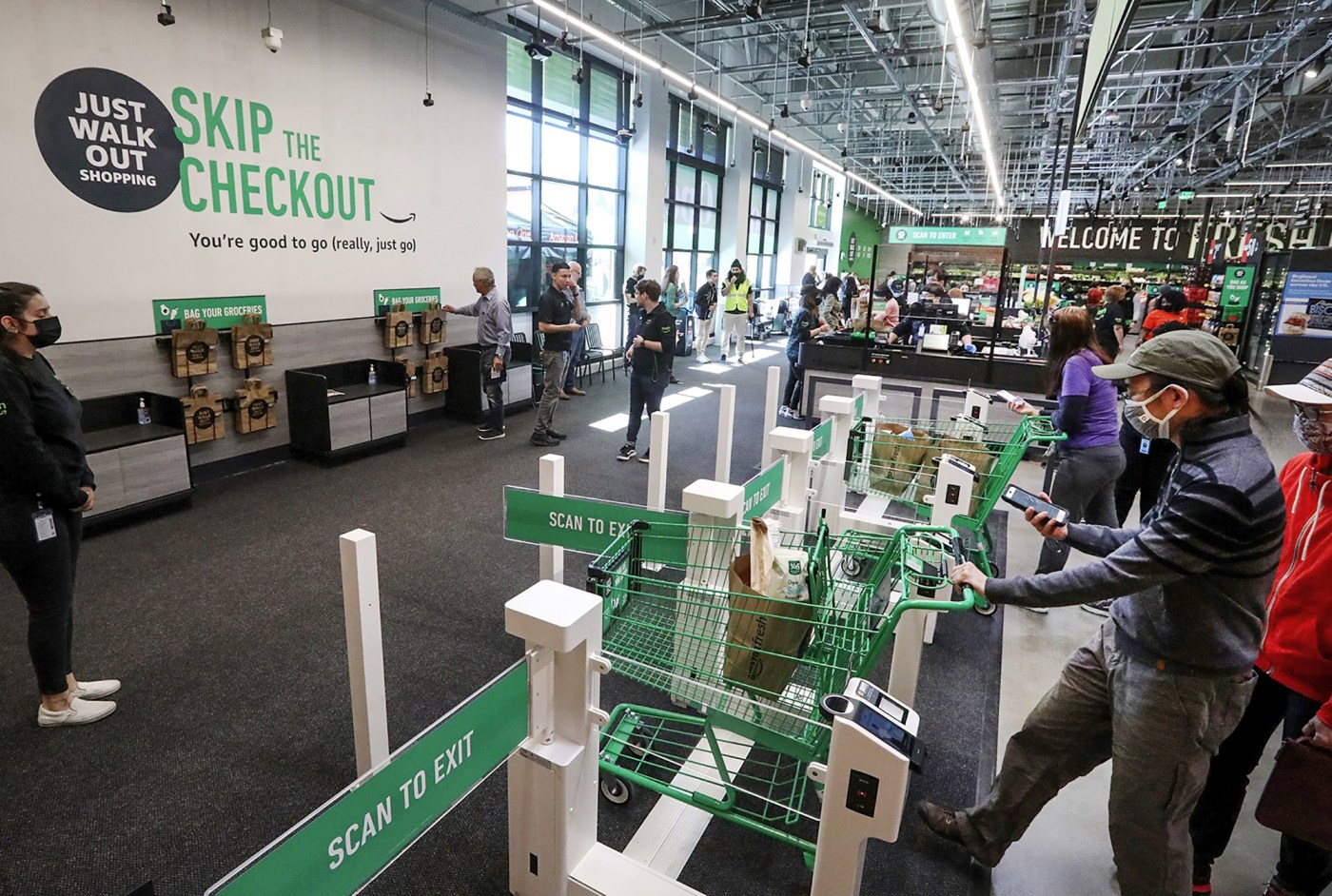When the industrial revolution erupted in 18th century Britain — replacing handwork with machinery in the manufacture of goods — many of the affected textile workers responded by attacking and disabling the machines.
The rebels became known as Luddites, so named for “General Ned Ludd” or “King Ludd,” a mythical figure living in Sherwood Forest. In the more than 200 years since, the moniker has been applied to anyone who resists introduction of new technology, particularly in the workplace.
Over the last half-century digital technology has driven a new industrial revolution, completely changing the nature of work as it destroyed old economic sectors and created new ones.
When I began my career in journalism 64 years ago, I and other reporters wrote our stories on paper, using cast iron Underwood typewriters, after which the “copy” was read and sometimes altered by an editor with a lead pencil. It was then set in metallic type by a composing room worker and transformed into a metallic printing plate by other workers who installed it on an immense printing press to produce newspapers.
Today I’m writing this column on a Hewlett Packard computer. Virtually all the information being cited in the column was gathered from online sources, including details of a bill from the Legislature’s website and videos from CalMatters’ Digital Democracy archives.
When I’m finished, the column moves electronically to an editor using the same digital technology and the finished product then is electronically published on the Internet. CalMatters exists because of technology, while newspapers still producing paper copies are struggling due to competition for advertising from digital rivals.
California has played the seminal role in the new technological revolution, but it’s also a center of resistance.
The bill to which I referred earlier is Senate Bill 1446, which sailed through the Senate earlier this year but is now enmeshed in a clash between labor unions and retailers, particularly grocers, in the Assembly.
In recent years, supermarket operators have introduced kiosks in which customers can check out themselves without lining up to have a clerk physically process the contents of their carts.
In years past, checkout clerks would have to know the price of each item, if it wasn’t marked, or refer to a paper price list. Technology, in the form of barcodes, sped up checkouts by cashiers, but also allows customers to scan their own items and pay with credit cards.
Some stores have experimented with having scanners determine total purchases without processing individual items and/or identifying customers by scanning their hands and linking them to a pre-designated credit card.
Supermarket technology has reduced the numbers of workers needed to process checkouts. SB 1446 aims to protect unionized jobs by limiting use of self-service kiosks and setting specific staffing levels. It also requires grocers and other retailers to give 60-day notice before introducing new technology, such as “self-checkout robotics, wearable sensors and scanners” that “eliminates, automates, or electronically monitors the core job functions” of an employee.
Related Articles
Walters: Credit California insurance commissioner with acting on crisis
Krugman: Why presidents should keep their hands off the Fed
Cowen: Maybe legalizing marijuana wasn’t such a great idea
Ali: When Trump’s rally music is appropriate for all the wrong reasons
Stephens: Israeli Naftali Bennett needs to topple two regimes
The legislation’s author, Sen. Lola Smallwood-Cuevas, a Los Angeles Democrat and former union organizer, and the bill’s sponsors contended during an online news conference Wednesday that it’s needed to protect the safety of employees from thieves and aggressive customers, but it’s clearly aimed at protecting store workers from being replaced with machines.
Grocers, meanwhile, say the legislation would limit customer choices and mandate operational costs that would be reflected in grocery prices.
It’s not the first time such legislation has surfaced. For instance, recent appropriations for upgrading port facilities have contained prohibitions on installing labor-saving automation. The advent of artificial intelligence will likely lead to more such clashes.
Luddism is apparently not confined to 18th century Britain’s textile industry.
Dan Walters is a CalMatters columnist.












